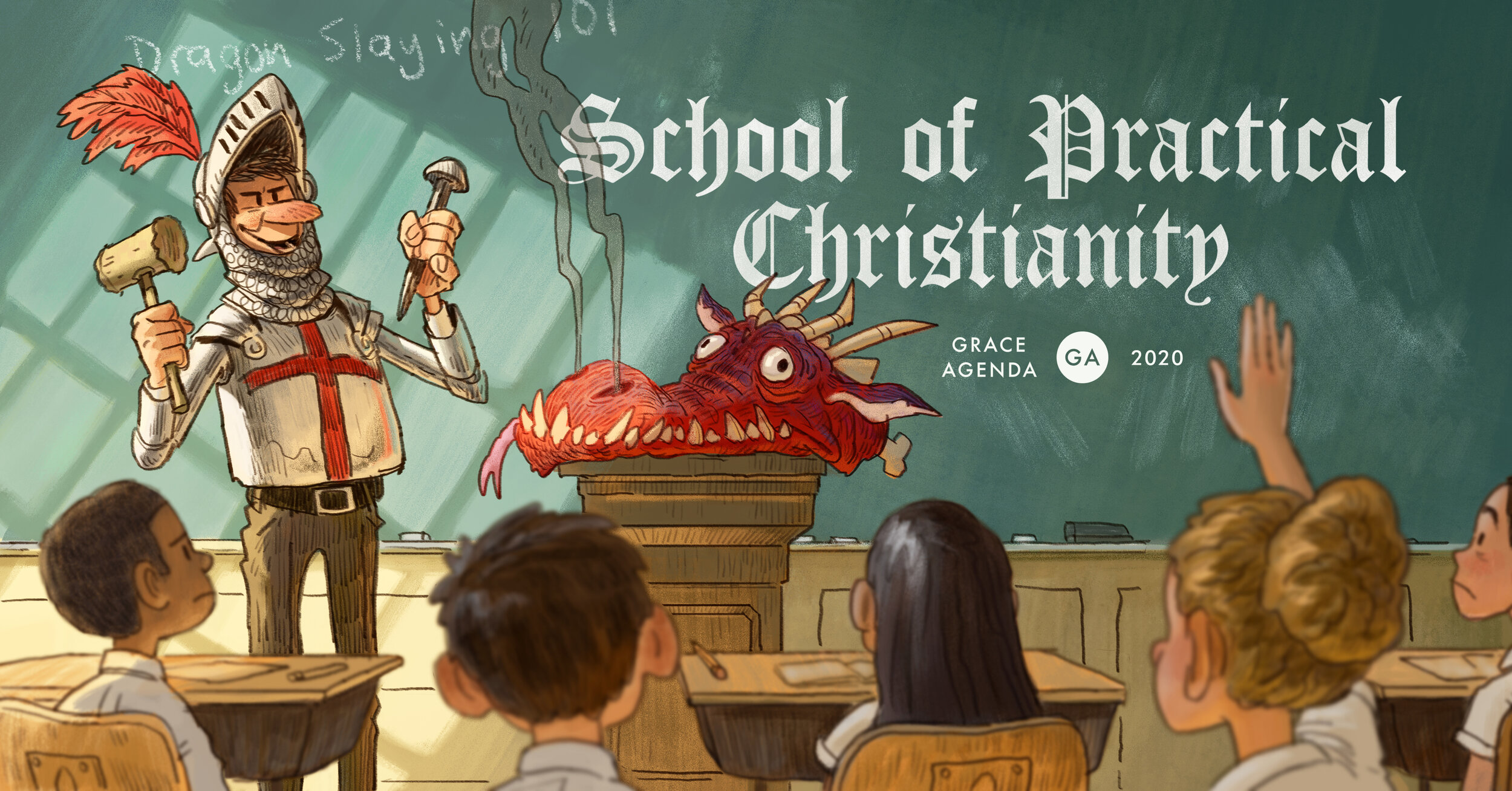Want to subscribe to our new podcast feed? Click here or search ‘ChristKirk’ in your podcast app.
Podcast: Play in new window | Download
The last several years Christ Church has tried an experiment in grace and has not charged for the Grace Agenda conference. In keeping with this spirit of grace, they are accepting free will donations at https://www.graceagenda.com/donate.

